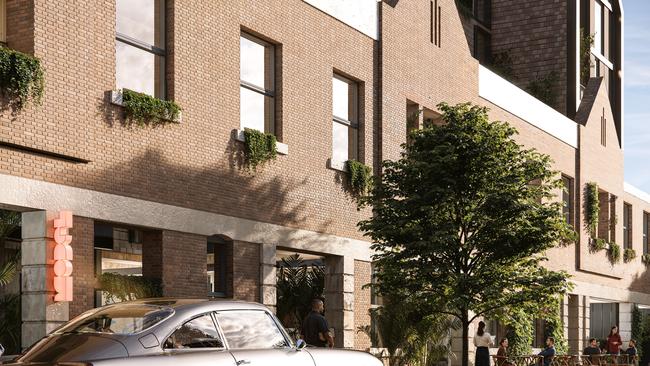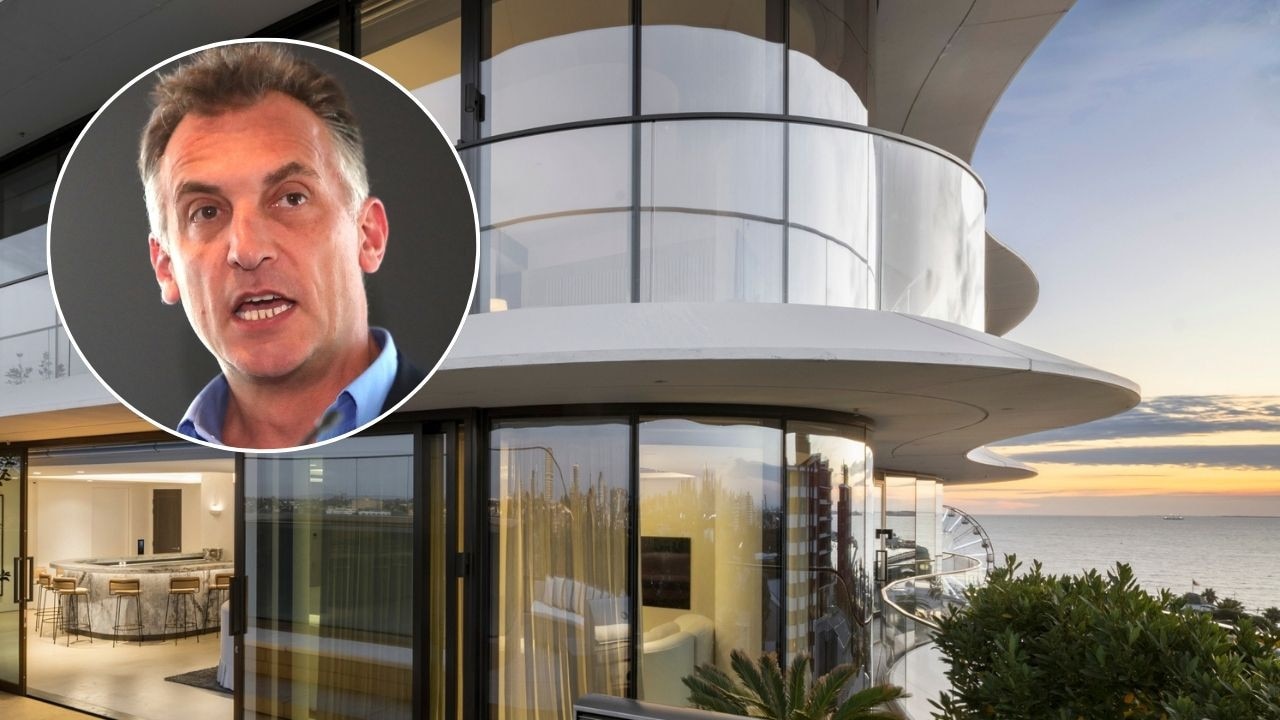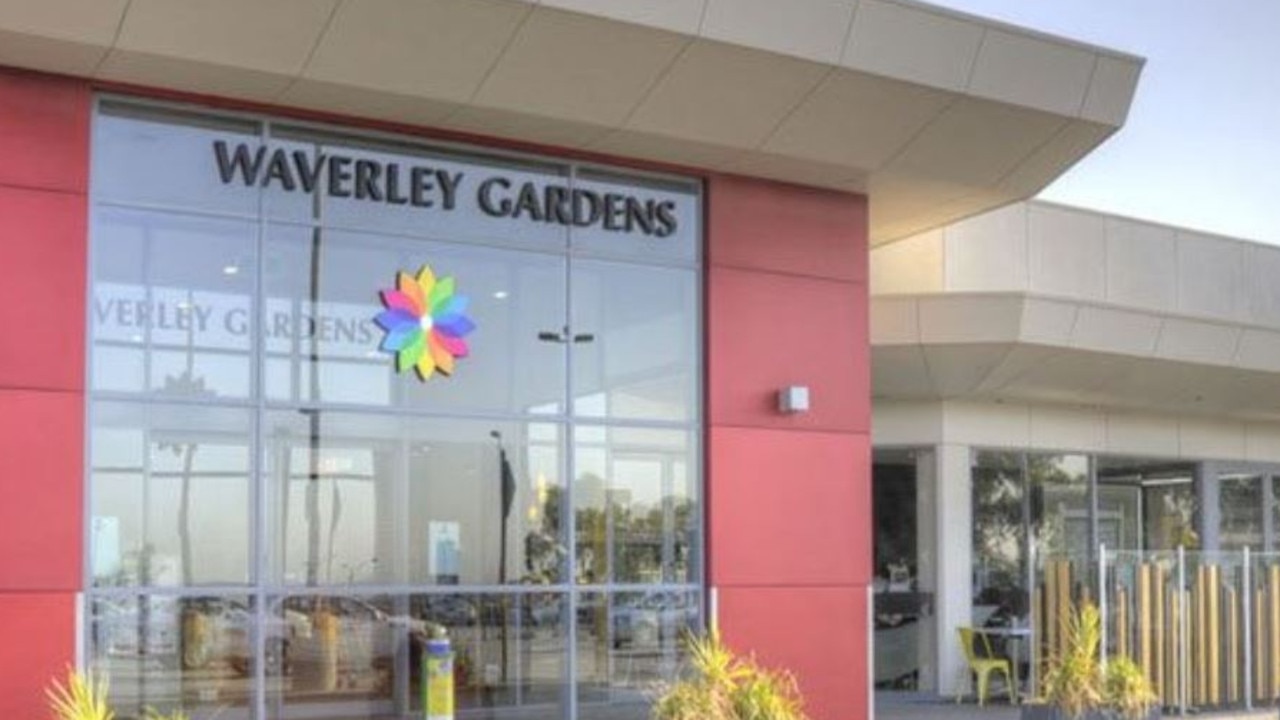‘Pivotal moment' for sustainable housing at scale
Property developer MODEL has launched a $250m fund for its build-to-rent projects, with the aim of building 5000 ‘sustainable’ apartments.

Property developer MODEL has launched a $250m Regenerative Decarbonisation Fund to support its first two build-to-rent projects in Melbourne, and it is lining up more sites along the eastern seaboard.
The company intends to use the innovative fund to finance its portfolio of pioneering, sustainably certified residential developments and comes just as it secured its second site in the inner-Melbourne suburb of Abbotsford.
A paper released by the group argues that investing in residential decarbonisation at scale – the RDF will provide foundational funding for its initial target of 1000 inner-metro build-to-rent apartments worth about $500m – matches up with the country’s 2030 climate emissions reduction deadline.
MODEL aims to expand its development pipeline to 5000 apartments by then, and believes its operation could play a key role in boosting housing supply in a sustainable way.
The developer’s first projects are the two build-to-rent projects in Abbotsford. They include a 17-storey mass timber tower on Johnston Street, and the adaptive reuse of the former Schweppes Cordial Factory on Lithgow Street – both designed to meet Passivhaus certification.
MODEL chief executive Rory Hunter said the fund aimed to support a “whole systems” approach to the decarbonisation of residential housing at scale.
“MODEL is leading the evolution towards resilient housing that delivers long-term value,” Mr Hunter said.
“As regulatory expectations intensify, our investors can safeguard their assets from future legislative changes while backing developments that yield operational efficiencies and foster desirable living environments.”
He said the fund had an edge as the homes were in keeping with consumer expectations around sustainable housing.
“Our projects provide transparency in metrics, appealing to investors seeking higher returns alongside higher impact,” he said.
Investment bank Grant Samuel is acting as equity adviser, and PwC as debt adviser. Grant Samuel chief executive Damien Elias highlighted the alignment of the strategy with emerging market forces.
“There are significant long-term tailwinds in inner-city densification driven by net population growth and an urgent need to address the housing supply crisis,” Mr Elias said.
“What makes MODEL so compelling is how it weaves the thematic of decarbonisation into its developments, offering investors not only a solution to these pressing challenges but also a future-proofed, sustainable asset that aligns with the increasing demand for greener portfolios.”
The approach also won the backing of Australian Passivhaus Association chief executive Alexia Lidas, who praised the developer’s commitment to the method as a “pivotal moment” for sustainable developments in Australia, where the opportunity to decarbonise at scale “becomes a real possibility”.
MODEL unveiled plans for its Johnston Street project last month and its second project will adaptively reuse the iconic 1886-built former Schweppes Cordial factory on Lithgow Street to create 180 Passivhaus-certified apartments in a sustainable living hub.
The development deal on the site was brokered by JLL’s Jesse Radisich and Josh Rutman.
“This project aims to showcase how historic spaces can be completely re-imagined for a sustainable future whilst, importantly, preserving architectural heritage,” Mr Hunter said.
A multi-level extension will rise behind the heritage facade, delivering 14,000sq m of gross floor area with a development cost of $110m.
“Utilising mass timber and innovative design, the project will target a 50 per cent reduction in embodied carbon, creating a development that honours its past while pushing sustainability boundaries,” he said.
Warren and Mahoney, Arup, TTW, Urbis, Neuron and Slattery, are working on the project that is designed for a 6-Star Green Star rating, 9-Star NatHERS, and net-zero emissions, with 10 per cent of apartments designated for affordable housing.







To join the conversation, please log in. Don't have an account? Register
Join the conversation, you are commenting as Logout